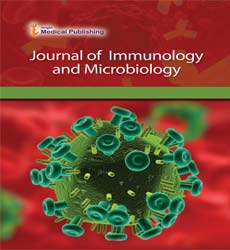The Women, trauma and alcohol dependency: Connections and disconnections in alcohol treatment for women.
Abstract
Statement of the Problem: Women who have experienced intimate partnerviolence (IPV) are at greater risk for physical and mental health problems including posttraumatic stress disorder (PTSD) and alcohol dependency. On their own IPV, PTSD and alcohol dependency result in significant personal, social and economic cost and the impact of all three may compound these costs. Researchers have reported that women with these experiences are more difficult to treat; many do not access treatment and those who do, frequently do not stay because of difficulty maintaining helping relationships. However, these women’s perspective has not been previously studied. The purpose of this study is to describe the experience of seeking help for alcohol dependency by women with PTSD and a history of IPV in the context in which it occurs. Methodology & Theoretical Orientation: An inter subjective ethnographic study using hermeneutic dialogue was utilized during participant observation, in- depth interviews and focus groups. An ecological framework was utilized to focus on the interaction between the counselors and the staff to understand this relationships and the context in which it occurs. Findings: The women in this study were very active help seekers. They encountered many gaps in continuity of care including discharge because of relapse. Although the treatment center was a warm, healing and spiritual place, the women left the center without treatment for their trauma needs and many without any referral to address these outstanding issues. Conclusion & Significance: Women with alcohol dependence and PTSD with a history of IPV want help however the health and social services do not always recognize their calls for help or their symptoms of distress. Recommendations are made for treatment centers to become trauma- informed that would help this recognition.
Open Access Journals
- Aquaculture & Veterinary Science
- Chemistry & Chemical Sciences
- Clinical Sciences
- Engineering
- General Science
- Genetics & Molecular Biology
- Health Care & Nursing
- Immunology & Microbiology
- Materials Science
- Mathematics & Physics
- Medical Sciences
- Neurology & Psychiatry
- Oncology & Cancer Science
- Pharmaceutical Sciences
